We, the representatives of Philippine civil society and social movements at UNFCCC COP27, express our disappointment about the status and conduct of our nation’s government delegation in the ongoing climate negotiations in Sharm El Sheikh, Egypt.
Last November 5, the Philippine delegation released a statement through the Department of Environment and Natural Resources (DENR) website that it “will assert the country’s call for bolder climate action and demand the delivery of what is due for the developing countries which hardly produce any greenhouse gas emissions, yet they suffer the most and continue to bear the brunt of the adverse impacts of climate change”. The delegation emphasized that they “[intend] to contribute most to the workstreams dealing with Article 6 (of the Paris Agreement), Adaptation, Climate Finance, and Loss and Damage,” and that “the Philippines will not only safeguard its positions but also continue what it started”.
The disconnect between the public statements and commitment of the Philippine government, and its actions here at the actual conference, is bewildering to say the least, and will have direct consequences for the Filipino people. Moreover, it is inaccurate to believe that the Philippines hardly produces contributions to global greenhouse gas emissions especially due to its government’s preference for fossil fuels – after a decade of coal expansion, it now, in fact, has the second biggest pipeline of new fossil gas capacity proposed in Southeast Asia.
While DENR Secretary Antonia Yulo-Loyzaga and Climate Change Commission (CCC) Sec. Robert Borje were present at the start of the COP, they left before the end of the negotiations to attend Congressional hearings for the 2023 national budget. Furthermore, Senator Loren Legarda publicly demanded for delegation members Rachel Herrera and Albert dela Cruz, both Commissioners of the CCC, to return to the Philippines and report on what has transpired at COP27, while stating that they are not designated negotiators. These developments have left Ambassador Ezzedin Tago, who has no prominent prior experience in the climate negotiations, as the nominal Head of Delegation.
We recognize the significance of the ongoing deliberations on the 2023 national budget that is vital for implementing state-led programs and projects, including on national and local climate action into which COP decisions should be translated. We also appreciate that the remaining government delegation has communicated that the officials that returned to the Philippines are still providing leadership and directions regarding their conduct in the negotiations.
Nevertheless, the lack of strong in-person leadership here in Egypt, at the very least, makes the Philippine position look weak and will likely affect our country’s capacity to make a strong statement on crucial issues.
We, CSOs, have exercised all available opportunities to meaningfully engage with the Philippine government on the nation’s positions on climate issues to be carried at COP27. Many organizations participated in a forum held by the DENR and the CCC last October 25, where we submitted our respective position papers to Loyzaga and Borje to be included in the official national positions — a discussion that, unfortunately, did not provide any specific information about the delegation’s stances.
We have also engaged with delegation members through formal meetings and informal huddles while at COP27, with the goal of providing critical support to negotiators in the advancement of our country’s interests. Yet it is unfortunate that only halfway through the Sharm El Sheikh negotiations did we obtain a more detailed presentation of the positions our negotiators are carrying.
We refer to the Rule IV of the Revised Implementing Rules and Regulations of RA 9729 as amended by Republic Act 10174, Section 1, which states the powers and functions of the CCC. Section 1.j clearly states that “The negotiating positions of the Philippines in the international climate change negotiations shall be developed through a multi-stakeholder and inter-agency process facilitated by the Commission, which shall have the ultimate responsibility of adopting the official positions.” From our experiences not only at COP27 and the months leading up to it, but even in previous COPs in recent years, this provision under the law has not been fully followed.
These developments are especially disappointing in the eyes of Philippine civil society. While we have observed during the first few months under the new Presidency steps being taken for more inclusive climate policymaking, these have not been sustained leading to COP27. Instead, we are headed for the same situation that has been observed in recent years: a lack of a strong Philippine voice on the negotiating table, with non-government stakeholders continuously reaching out to our negotiators yet left searching for answers.
As COP27 approaches its most critical period and to prevent these events from transpiring, we call on the Philippine government to implement the following measures moving forward within the purview of Sections 1 items g, j, and p under Rule VI of the Revised Implementing Rules and Regulations of Republic Act 9729 as amended by Republic Act 10174:
- Assert the alignment of all COP27 outcomes to the 1.5°C Paris Agreement ambition, demanding the immediate phase out of coal, gas, oil, and all other fossil fuels – as latest research even from the likes of the IEA, IPCC, and other recognized bodies indicate is necessary – in a just and equitable manner, which would see developed nations commit to ending fossil fuel dependence and delivering the finance, including finance on loss and damage, technology transfer, and capacity building that nations like the Philippines need to advance our own transition.
- Exhibit more transparency and communications to the Filipino public on the activities of the government delegation at COP27, including the positions presented to other Parties and inputs in the decision text;
- Improve inter-agency coordination in determining the negotiators, supporting personnel, and other preparations for future COPs to maximize the impact that the government delegation can have on the negotiations, in anticipation of the weeks dedicated to the national budget hearings coinciding with the period of the annual UN climate negotiations;
- Include more civil society representatives already intending to attend future COPs in the government delegation to provide more human resource and support in the advancement of national positions on key climate issues; and
- Establish a sustained annual multistakeholder, inter-agency process for (a) developing Philippine positions to be carried in succeeding COPs, inclusive of the inputs of civil society organizations, and (b) informing stakeholders of developments at the COPs and plans for bringing international policies forward at national level.
We express our respect to the COP27 Philippine negotiators for continuing to represent our nation’s interests and lobbying for positions aligned with our pursuit of climate action and justice, aligned with the goals of the Paris Agreement. We also remain willing to engage with the government delegation and provide support to its activities, but not without holding them accountable for any shortcomings that would place our collective present and future at risk. With so much on the line for the Filipino nation, the lack of meaningful engagements with Philippine civil society groups here at COP27 is a failure that must be brought to attention.
In the face of the worsening climate crisis, our nation needs better. Unity must not just be a catchphrase; it must be embodied through actions for the benefit of current and future generations.
Signatories:
Rodne R. Galicha, John Leo C. Algo, Marinel Ubaldo – Living Laudato Si’ Philippines / Aksyon Klima Pilipinas
Fr. Angelito Andig Cortez,OFM, OFM-JPIC Representative / Franciscans International
Jon Bonifacio, Kalikasan People’s Network for the Environment
Ian Rivera, Philippine Movement for Climate Justice
Aaron Pedrosa, Sanlakas
Maria Jaya, Youth Climate Activist and Organizer
Jefferson Estela, Youth Strike 4 Climate Philippines
Bianca Montilla, Youth for Climate Hope – Negros
Alab Mirasol Ayroso, Mitzi Jonelle Tan – Youth Advocates for Climate Action Philippines
Lia Mai Torres, Center for Environmental Concerns Philippines
Vicente Cajilig Jr., Home of Sibuyan Island Peoples (BSI)
Gerry Arances, Avril de Torres, Aryanne Ocampo, Krishna Ariola – Center for Energy, Ecology, and Development
Alaya de Leon, Niner Guiao, Nicole Torres – Parabukas
Virgie Llorin, Johanna Fernandez – Greenpeace Philippines
Jenica Dizon, Waves for Water Philippines
Derek Cabe, Coal-Free Bataan Movement / Nuclear-Free Bataan Movement
Femy Pinto, Dazzle Labapis, Mayna Pomarin – Non-Timber Forest Products Exchange Programme – Asia
Cheryl Polutan, Sharlaine Balagtas – LILAK (Purple Action for Indigenous Women’s Rights)
Jit Sohal, Health Care Without Harm – Southeast Asia
Helen Magata, Grace Balawag – TEBTEBBA
Neth Daño, ETC Group
Pakisama (through Asian Farmers Association)

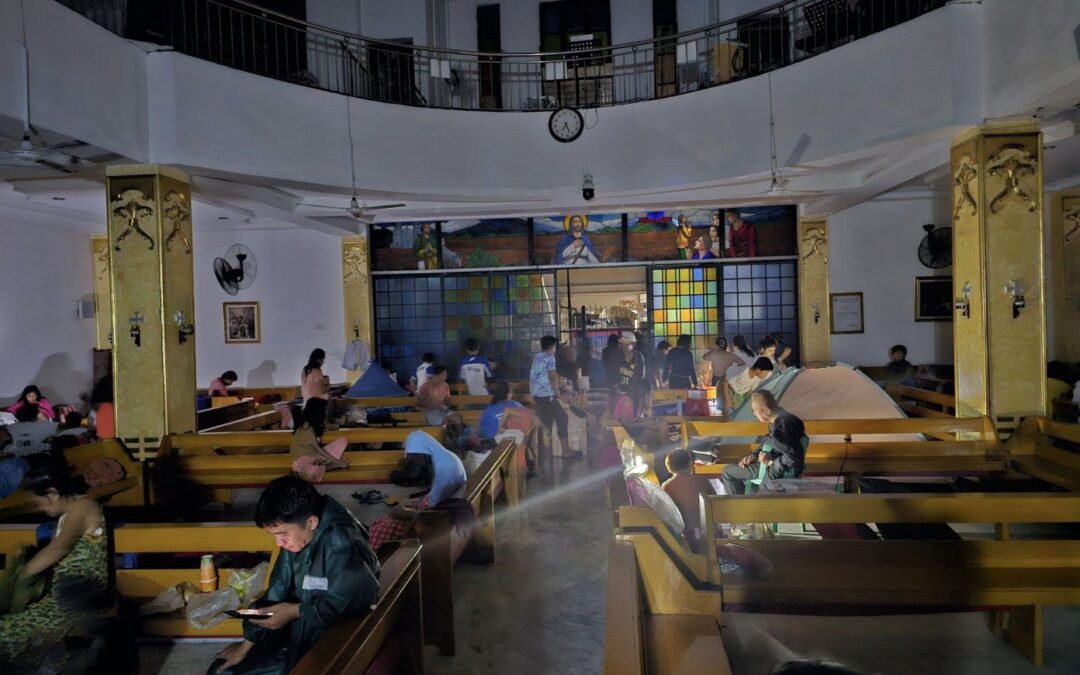
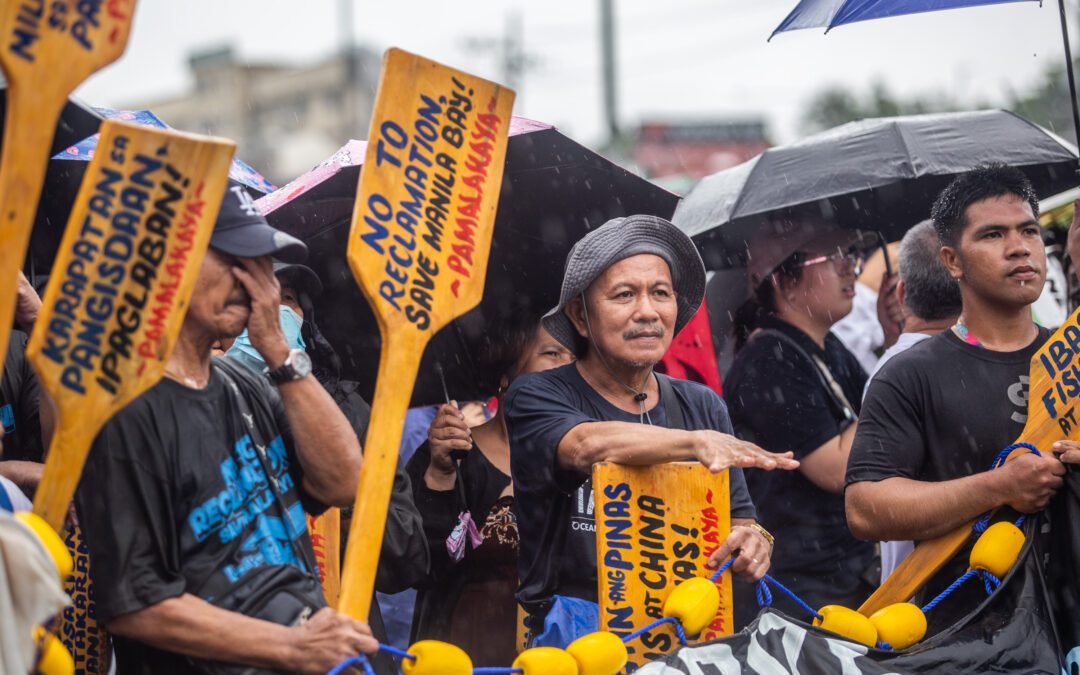
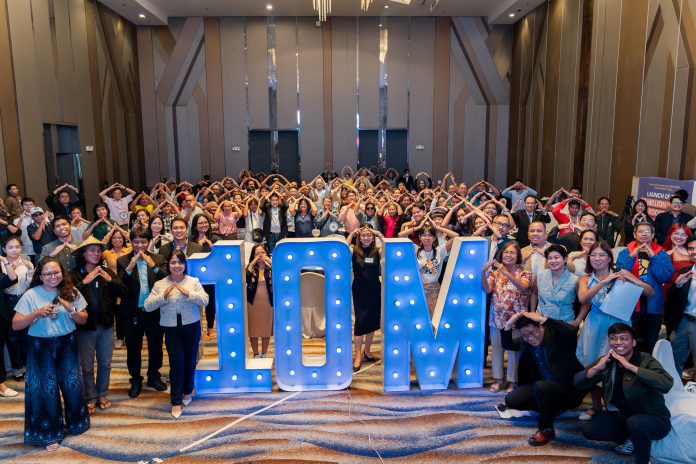
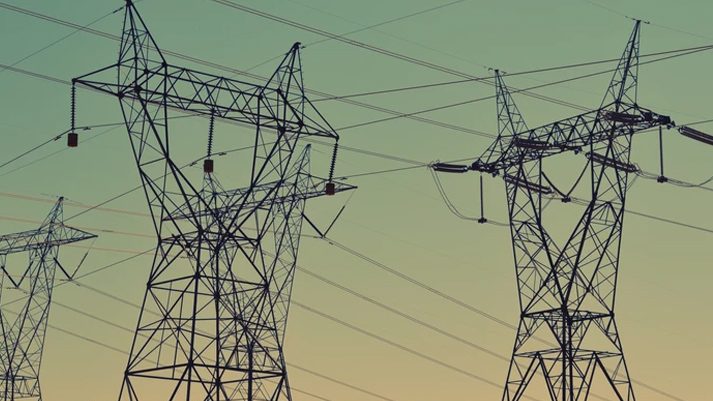
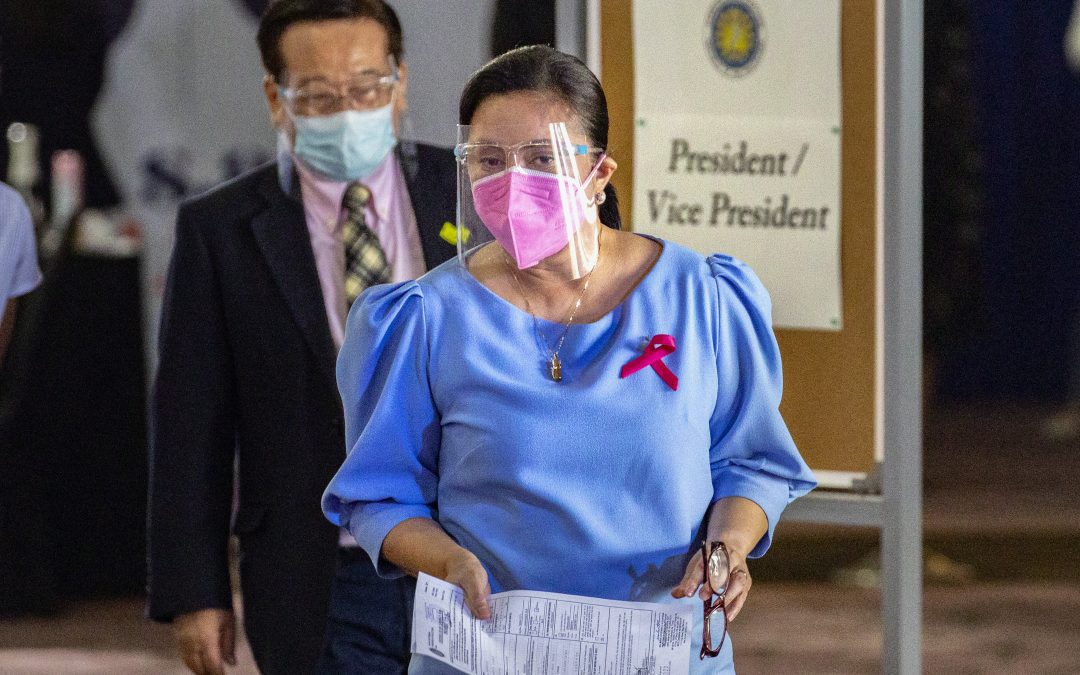
0 Comments